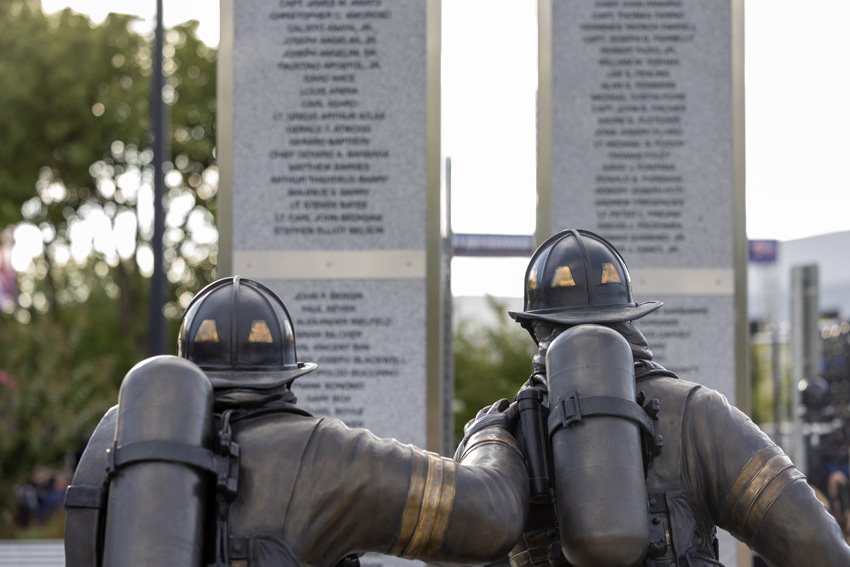Stress of deadlines, social events and relationships contribute to teens? lack of sleep. Many students fail to receive the required amount of rest each night.
?I get three to four hours of sleep a night,? Rachel Wilhelm, ?11, said. ?I like to read so I stay up reading late into the night. My dad has a similar schedule so I adjusted mine to fit his. I don?t think it has really affected me because I?m always hyper.?
The transition from summer to a school schedule may also alter sleep patterns. Chelsea Kitahara, ?11, junior varsity cheerleader, says sleep gives her the strength and energy she needs.
?Over the summer, I slept from midnight to 11 A.M.,? Kitahara said. ?Now I sleep seven hours each night from 11 P.M.-6 A.M. Sleeping long each night enables me to think better and concentrate.?
According to the National Sleep Foundation (NSF), about 15% of teenagers receive the recommended eight to nine hours of sleep each night.
?Sleep deprivation has serious consequences,? the NSF reports. ?It is caused by teenagers not sleeping enough due to poor sleep habits, hectic after school and job schedules, homework, family obligations and biological changes during adolescence. Not getting enough sleep can result in pimples, limited ability to learn, heighten effects from alcohol and vulnerability to illness.?
When students begin to drive and take on more responsibilities, a lack of sleep during this period can prove disastrous.
Junior Luke DeGroot, keyboard player on the campus? worship team, recently turned 16 and drives himself and his younger brother, Tim, ?11, to school.
?I usually fall asleep around 10:30 P.M. and sleep for eight hours,? DeGroot said. ?I have also driven drowsy before too. I was driving home and when I got there, I didn?t remember anything about the drive.?
Drowsy driving causes an estimated 1,550 deaths, 71,000 injuries, and $12.5 billion in monetary losses annually, according to the NSF. The National Highway Traffic Safety Administration confirms 100,000 police-reported crashes as a direct result of driver fatigue each year.
Ample rest helps rejuvenate the mind and body. Abby Schoettler, ?09, believes sleep contributes to better concentration in school.
?Sleep is important,? Schoettler, an avid reader, said. ?It gives you the energy to pay attention in class. I sleep longer which makes me more tired in the morning, but I have more energy during the day.?
Some people view sleep to be essential to success in both academics and athletics.
?Sleep is definitely important because it makes us more alert and it regenerates tissues,? Bill McGowen, biology teacher and varsity baseball coach, said. ?I wouldn?t want my baseball players staying up late into the night.?
Sleep habits prove difficult to change for many. A diet consisting of high caffeinated beverages can also affect sleep.
?We eat and drink without thinking about the effects,? the NSF reported. ?Coffee contains caffeine, as do many teas, chocolate and cola drinks. Caffeine is a stimulant, which means it has an alerting or wake-up effect.?
With access to a variety of caffeinated beverages, many students admit to drinking these items on a daily basis.
?I?ve been drinking coffee regularly for the past two or three years,? Kitahara said. ?I drink about two cups per day from my favorite coffeehouse, Starbucks, because I like it and it helps keep me awake. I haven?t noticed it affecting my sleep at all.?
Other substances can affect sleep as well. Experts recommend avoiding foods that may cause heartburn during the night or other symptoms.
According to the NSF, exercise in the afternoon may also assist in earlier bedtimes.
?The next place to look for the cause of a sleep problem is your exercise routine. Exercise can be a boon for good sleep, especially when done regularly in the afternoon and not too close to bedtime. If you don’t exercise regularly, add good sleep to a long list of reasons why you should take up the practice.?
A final element to substantial slumber is the environment. Bright lights, noise, discomfort and temperature may disrupt sleep.
For more information on sleep, go to Meghan Anderson’s Jan. 19, 2006, article, ““Sleep patterns affect alertness”.







Alexandrah Aleman • Dec 12, 2009 at 6:45 am
You two are insane! I love this though; this is what being a TA is REALLY about! I love you darlings!
David Casuga • Dec 12, 2009 at 6:45 am
You two are such a weird duo, i’m afraid to see what would happen if you two were stuck on a desert island. D:
Paige Powell • Dec 12, 2009 at 6:45 am
You guys are so awesome! It looks like your having fun! Haha … and that’s why soccer is the hardest sport….
Heather Lichti • Dec 12, 2009 at 6:45 am
Haha…wow…this isn’t embarrassing at all.
Thank you “Feather staff member” for all your help!
David Casuga • Dec 12, 2009 at 6:45 am
That picture is so hilarious. I love you guys!